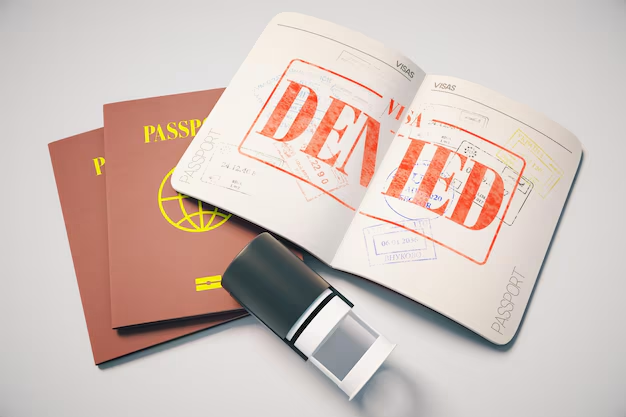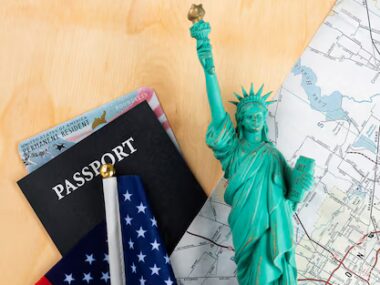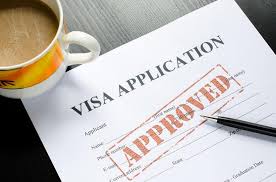Visa denial can be a very frustrating experience. The challenge is compounded if the date of your proposed travel is weeks or days away. However, visa denial is not a conclusion. Many people have been in the same situation as you and have navigated it successfully. This guide will help you appeal your visa denial with proven strategies.
Understanding Visa Denials
The first step to appealing a denied visa is understanding various reasons for visa denial. These reasons vary from country to country and individual. Some of the reasons include incomplete documentation, insufficient funds, ambiguous intent of travel, criminal and security concerns.
Review Visa Denial Notice
Review the conditions responsible for the visa denial. As I mentioned earlier, the reasons vary from one person to another. Understanding why you are denied a visa is crucial to knowing where to and how to stage an appeal.
Most consulates provide a written notice for explanation. For instance, a U.S. visa denial notice may read “section 214(b),” implying your intent to travel home. This commonly happens when there’s no clear statement of purpose for travelling.
In this case, your lawyer will ask you to provide compelling and honest information about your purpose of travel. Understanding the reasons for visa denial is crucial to knowing the right strategy.
Determine the Appeal Process
The appeal varies from country to country and also on the type of visa. For U.S. visas, you can appeal for a Motion to reopen/Reconsider. A Motion to Reopen Appeal requires that you submit supporting documents not submitted in the initial application.
A Motion to Reconsider Appeal seeks fair hearing on the ground that the evidence that necessitated the denial was not wrongly interpreted. As such, it needs enhanced legal interpretation. This appeal is made 30 – 33 days from the date of denial. However, it varies based on visa type.
For UK, Australia and Canadian visa denials, you must submit a formal appeal requesting a reassessment of your application and reasons for repudiation. Within 28 days of UK visa denial, file an administrative review. A Canadian visa denial on the other hand requires that you apply for judicial review through the federal court.
If you can’t navigate the hassles of formal appeal, you can consider reapplying for the visa. This may be the easiest way to go about it. With established reasons for the visa denial, you can reapply, with stronger evidence and documentation. A formal appeal may be delayed due to various administrative procedures, making reapplication a more viable option.
Engage an Immigration Lawyer
Getting an immigration attorney can help you navigate a visa denial appeal. Their expertise will help establish ties to your home country. This is achieved through gathering facts from employers, family affidavits, etc, certifying financial documents, and correcting misinterpretations.
Visa denial appeal will require you to get an immigration lawyer to help you navigate the legal processes of appeal. Immigration lawyers are trained and know how to prepare and present your appeal according to required standards.
Prepare a Strong Appeal
Your immigration lawyer will help you prepare a strong appeal. A strong appeal will have the following key components: affidavits (from family, employers, or community leaders), updated financial documents, legal brief (outlining the mistakes from the initial decisions.
It also states legally why it should be approved. Also, submit supporting documents to strengthen your appeal. Supporting documents such as police clearance report, health certificate, etc. Attend legal hearings, represented by your lawyer.
Appealing visa denial is a complex process. However, by leveraging legal assistance, your visa denial appeal can have a successful outcome. You must act swiftly, comply with deadlines, be honest and transparent to enhance the possibility of a successful appeal.






